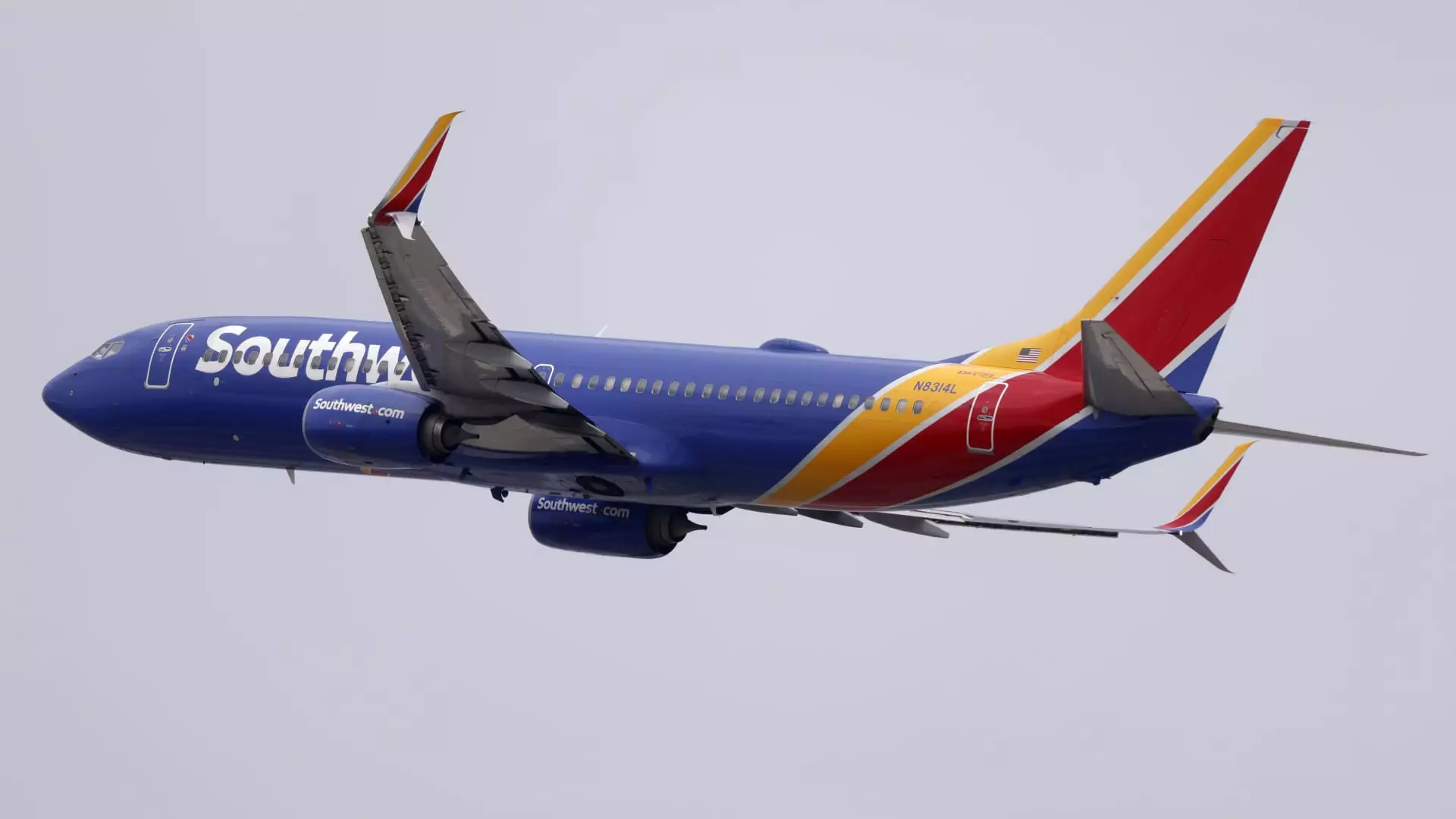In a significant move reflecting the evolving landscape of air travel regulations, the Department of Transportation (DOT) has initiated legal action against Southwest Airlines for allegedly failing to address chronic flight delays. This lawsuit is not an isolated incident but part of a broader trend where airlines are being held more accountable for their operational performance. The DOT is stepping up its consumer protection efforts, marking a notable shift in policy under the Biden administration.
The DOT claims that Southwest has routinely operated flights with substantial delays, particularly on routes from Chicago Midway International Airport to Oakland, California, and from Baltimore to Cleveland. This situation persisted for nearly five months, with the airline blamed for over 90% of the disruptions. The DOT’s definition of a chronic delay is crucial here: a flight that consistently arrives late, which for Southwest means late arrivals over 30 minutes more than half the time it operates the route.
The lawsuit highlights a fundamental expectation from airlines: to adapt their schedules when they become aware of consistent delays. The DOT has asserted that Southwest not only failed to make necessary adjustments but continued to market flights with unrealistic expectations, thereby undermining the customer experience and trust. This handling—or mishandling—of operational management raises critical questions about the responsibilities of airlines towards their passengers.
Southwest Airlines has expressed disappointment regarding the lawsuit, particularly as it pertains to incidents that occurred more than two years ago. The airline pointed out its record of successful operations, claiming it has completed over 20 million flights without a single violation of the DOT’s chronically delayed flight policy since its introduction in 2009. This assertion emphasizes a key challenge in the airline industry: balancing public perception and actual performance, especially in the face of regulatory scrutiny.
The airline’s defense rests significantly on its historical performance and customer service track record, suggesting that isolated incidents should not be viewed as indicative of systemic issues. However, such arguments may not resonate with passengers who have directly faced the repercussions of delayed flights, underscoring the complexities within operational accountability.
In addition to the lawsuit against Southwest, the DOT has also fined Frontier Airlines $650,000 for similar chronic delays, revealing a broader initiative to enforce compliance among all airlines. Interestingly, part of Frontier’s fine is suspended contingent on their operational improvements over the next three years. This underscores a pivotal strategy: not just penalizing airlines but also incentivizing them to enhance their operational reliability.
This approach aligns with the administration’s consumer protection priorities, suggesting a shift towards a more proactive regulatory framework. As air travel continues to recover post-pandemic, this focus on punctuality and operational integrity will be essential in maintaining consumer confidence and safety.
As the air travel landscape continues to evolve, these recent actions by the DOT signal a critical turn towards accountability among airlines. With increasing scrutiny and the potential for financial penalties, airlines like Southwest and Frontier must reassess their operational practices to align with consumer expectations and regulatory requirements. Ultimately, the success of these initiatives will depend on the airlines’ willingness to adapt and provide a reliable travel experience, reinforcing the principle that passenger trust is paramount in the aviation sector.

